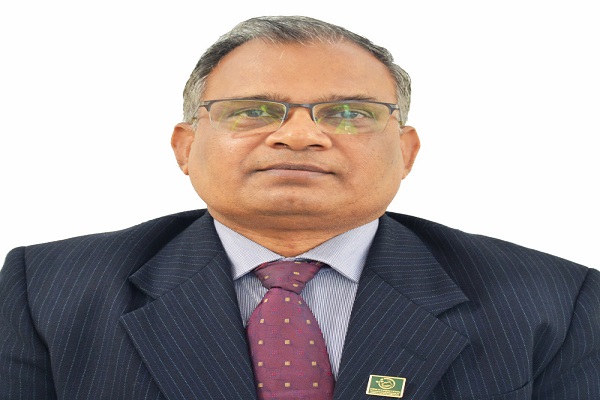
Elets Technomedia, recently, organised a three-day India Transformation Summit from July 10 to July 12. The summit brought together a range of esteemed panellists from various walks of life for brainstorming sessions on ‘Transforming India’. MK Yadava, IFS, Additional PCCF & Managing Director, Assam Electronics Development Corporation Ltd. addressed a session on IT and e-governance.
Mr Yadava said, “The first thing that we need to focus on to scale up e-governance is the operating system… We need to do soul searching of basics which China has done… We need to have our own operating systems – our browsers, our search engines, etc. We are feeding multinational companies which is sideling the local companies and industries.” He added, “In Assam, we are using a local version of one of the deviant distributions called SuperX developed locally. It is a really good operating system. We are funding to the local initiative to the extent we can.”
Further, Mr Yadava spoke on the significance and need of computing clusters and data clusters. He said, “We have our own locally nurtured virtual private cloud. We are currently hosting on that and we have almost over 300 VMs running in our state government on it. Almost every application or systems running in the departments including some of the NIC applications are operating on the cloud.” There is a lot of scopes to experiment with local clouds, he added.

Adding on, Mr Yadava said, “Clouds in itself are not the remedies. For clouds to be operational we need infrastructure, we need machinery and we need several of these mechanical clusters.” Citing an example for the lack of infra for blockchain technology in India, he stated, “Where is the infrastructure for the blockchain. Can we make blockchains in a couple of servers kept here and there in the districts?” Hence, while talking about blockchain implementation there is a need to think of data centres that is needed to be multiplied across states, districts and collaboration from states are needed.”

“If we are doing a lot of resource survey using drones it generates a huge amount of data in the form of photographs. To process that we need such computing systems to handle so much data”, told Mr Yadava. Supporting his statement with the example of Guwahati city, he said, “If I want to map Guwahati, which is a small city compared to Delhi, Mumbai, Hyderabad, etc. I will get millions of photographs through drone survey. So, do we have that capacity of computing to process such data.” The drones capacity is not being used optimally. They are merely used as toys for fetching a quick video or surveillance. However, “We need to realize that drones can be an excellent tool for resource mapping, planning”, added Mr Yadava.
Also Read: India’s Transformation Significant in Past 6 Years: Durga Shanker Mishra
Adding on drones and their utilisation, he said, “We can rope in startups or entrepreneurs who wants to extend drone services and provide them with cheap compute platforms so that majority of the cost of the project is saved. Also, by doing so the data remains localised and it can be shared.”
Further speaking on data sharing, Mr Yadava said, “GIS data sharing is not an easy task. However, we have a platform ‘Bhuvan’, but even that is not quite apt for the job. We need multimode implementations of Bhuvan as we do not want the data to be stored singularly but it should be on a platform in a multiple-priority system like Google Maps.” Google Maps is successful because it is a distributed architecture, he added.
Turning his words to e-governance and digital platforms’ assistance to improve decision making, Mr Yadava said, “We need a distributed architecture powered by high performing clusters and data centres where GIS attributes and data is shared. Then only we can have meaningful governance in the country, as far as decision making is concerned.”
Be a part of Elets Collaborative Initiatives. Join Us for Upcoming Events and explore business opportunities. Like us on Facebook , connect with us on LinkedIn and follow us on Twitter, Instagram.











